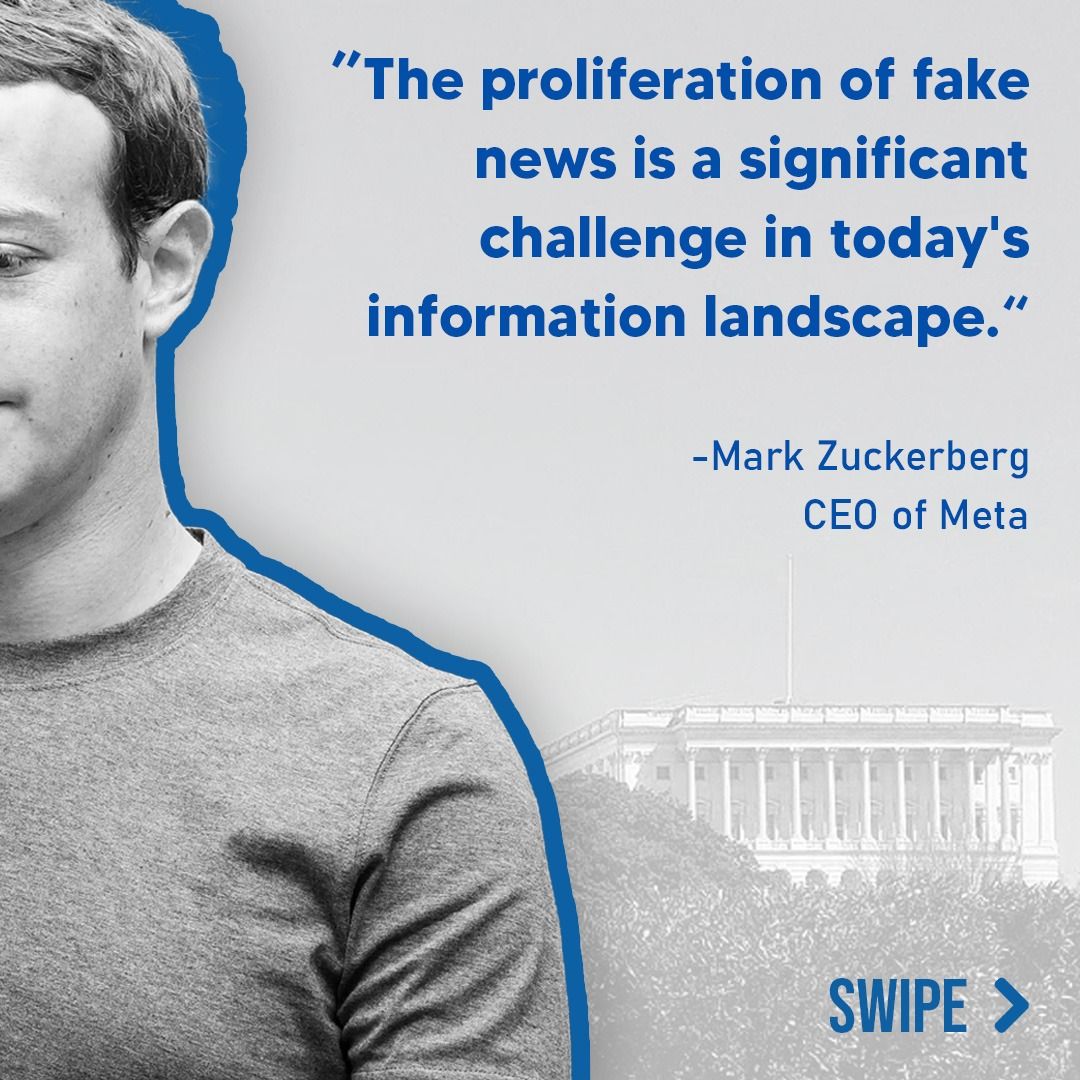“`html
Fact Check Analysis: Martial Law in South Korea Tests Biden and a Key U.S. Alliance
Published: December 3, 2024 | By Edward Wong and Michael Crowley | Original Article Link: Read the Original Article
DBUNK LLC Investigation Summary
The article entitled “Martial Law in South Korea Tests Biden and a Key U.S. Alliance” paints a highly urgent and politically charged picture of martial law being declared by President Yoon Suk Yeol in South Korea. While the piece possesses significant news value, our investigation highlights several instances of missing context, speculative claims, and possible bias that must be addressed in order to provide a clearer and more accurate understanding of the situation.
Analyzing Misrepresentation and Missing Context
The first key issue is the assertion that President Yoon imposed martial law due to “wild accusations” against the opposition party for colluding with North Korea. The article provides no verifiable evidence or direct quotes from Yoon’s administration substantiating this accusation as “wild.” This characterization introduces editorialized language, framing the situation in a manner that could sway readers against Yoon without allowing for a balanced examination of the facts.

Additionally, the claim that Yoon was influenced by U.S. political transitions (such as the supposed transition from Biden to Trump) is pure speculation. No sources or evidence are provided to support this theory, and it could mislead readers into believing that Yoon’s actions were strategically timed due to U.S. domestic issues. Speculative language like this undermines the credibility of the article.
Examining Bias
The article compares Yoon’s actions to former President Donald Trump’s controversial behavior following the 2020 U.S. election. This comparison lacks relevance to South Korea’s context and may introduce political bias by associating Yoon’s actions with a polarizing U.S. political figure. The result is a narrative that may appear slanted to readers, particularly those sensitive to partisan issues.
Furthermore, the article uses phrases like “shocking announcement” and “low approval rating” but provides no nuanced explanation of the internal South Korean political dynamics or public opinion leading up to this decision. The piece risks reinforcing negative perceptions of President Yoon without grounding these claims in comprehensive data or interviews with South Korean citizens and experts.

Critical Questions for Readers to Consider
Misinformation often raises more questions than answers. Consider these thought-provoking questions as you evaluate the article’s claims:
- For Republicans: Does the comparison between President Yoon and Donald Trump distract from an objective analysis of South Korea’s domestic political situation?
- For Democrats: How does framing Yoon’s decision as a challenge to President Biden’s foreign policy amplify partisan narratives in this report?
- For Independents: What additional context about South Korea’s internal dynamics, historical precedents, or public sentiment could help provide a more balanced view?
Conclusion
The article raises important questions about the state of U.S.-South Korea relations and the strain on democratic norms in the region. However, it contains several instances of editorialized language, unfounded speculation, and missing context that require readers to tread cautiously. The framing risks misleading audiences into adopting a one-sided perspective. DBUNK’s mission is to ensure readers have the tools and resources to question such narratives and arrive at their own informed conclusions.

“`

